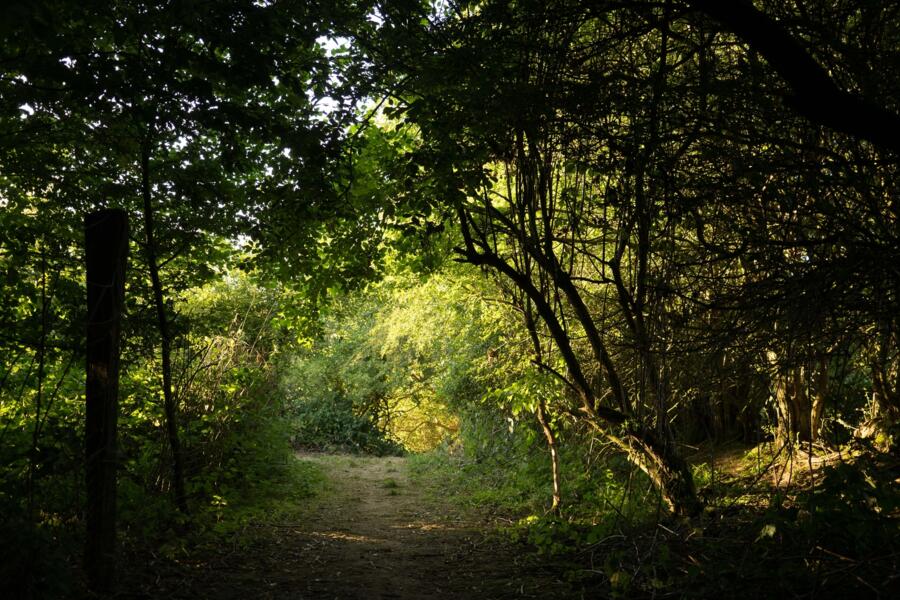
Freedom of nature
Sustainable getaways
Real human connections
Wild camping in Germany
Can you go wild camping in Germany? In this article, Campspace ambassador Ramona Doliff explains what is allowed and what is not when seeking a wilderness adventure in Germany.
In some countries like Sweden, you can set off with your tent, campervan or motorhome and stay where you like. Is this the case in other countries? For instance, can you wild camp in Germany? In this article, Campspace ambassador Ramona Doliff explains what is allowed and what is not when seeking a wilderness adventure in Germany. Read the article to learn what to look out for when wild camping in Germany and what other options there are.
My name is Ramona, and I am a huge outdoor, hiking, and camping enthusiast. Last summer I canoed around Sweden and pitched my tent for the night wherever I felt like it. It was a great experience! Sweden and Norway are known for the "everyman’s right", or allemannsretten, that makes wild camping in nature possible. Those seeking a wilderness adventure in Germany might be wondering whether this is possible in the Rhineland-Palatinate, Bayern or Lower Saxony. Read on to find out!
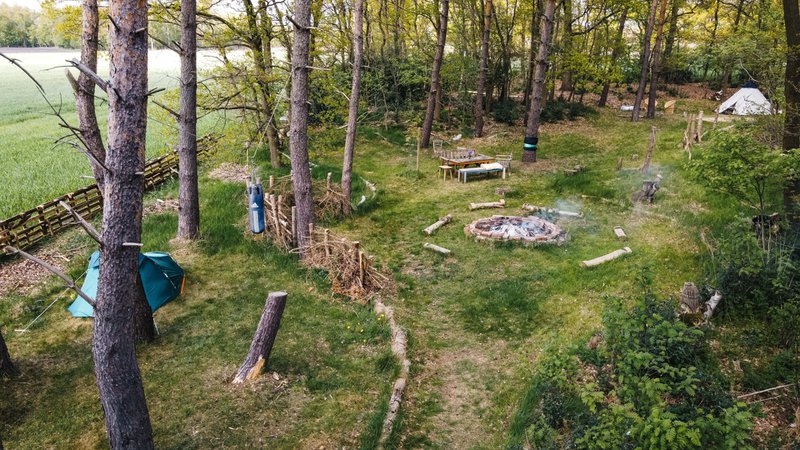
What is wild camping?
Grab your camper, tent or mobile home and sleep under the open sky, wherever you like – that is wild camping. It is a unique, free way of camping where you are not reliant on campsites but look for your own place in the middle of nature. The advantages are obvious: seclusion, calmness and pure nature. And of course, you also save money.
This all sounds wildly beautiful and romantic at first glance, but obviously wild camping also has its disadvantages. You give up on the amenities that campsites offer; there are no toilets, showers, running water or electricity. And on top of that, wild camping is often simply not allowed.
What should you watch out for when wild camping?
If you decide to go wild camping, there are a few things to consider. The top rule is “leave no trace". After your departure, there should be no more evidence of your presence. Sounds easy, but in practice it requires some planning and consideration. It does not only mean that you take the garbage you produce with you. For example, it also means that you use as little cosmetic products as possible and only those that are fully biodegradable if you wash yourself in a natural water source for instance. It is also important not to leave any trace of your excrements; If you have no toilet handy, you simply have to dig a hole and close it again afterwards. Leaving toilet paper or handkerchiefs in nature is also an absolute no-go.
As part of the "leave no trace" principle, there are seven simple principles for avoiding waste and for overall behaviour in the wilderness. These rules are not only helpful for wild camping, but also generally apply for any outdoor activity.
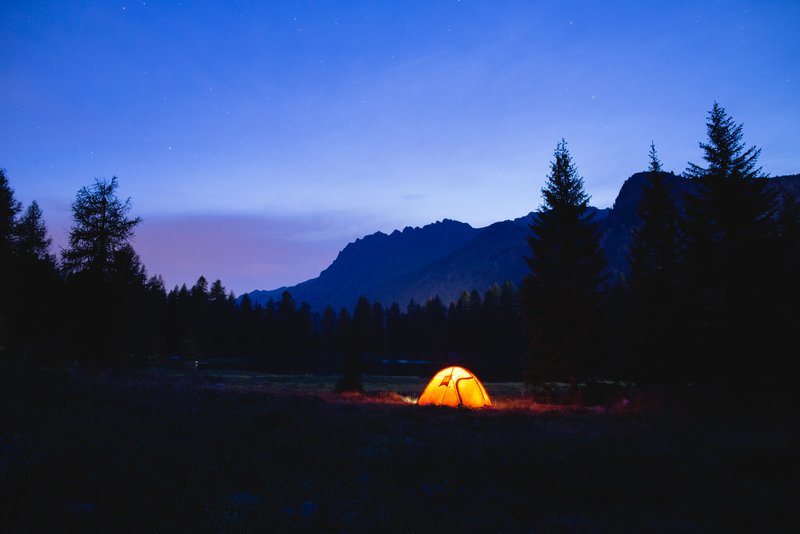
Is wild camping allowed in Germany?
Simple question, complicated answer: The regulation of wild camping is a matter handled separately by the 16 different federal states in Germany. This means that there are different regulations and rules applying in different areas of the country. Wild camping is not allowed in most states unless permission is obtained from the landowner or responsible government agency. If you are caught wild camping illegally, penalties vary significantly between the different federal states. Wild camping is strictly forbidden throughout Germany in national parks, nature reserves, landscape protection areas and natural reservoirs, regardless of the federal state. Significantly higher fines threaten here than in non-protected areas.
However, wild camping in Germany is permitted under certain conditions in Brandenburg, Bremen and Mecklenburg-Western Pomerania. In Brandenburg and Mecklenburg-Western Pomerania, hikers, horse riders or canoeists can officially pitch their tent for a night in the outdoors. In Bremen there simply is no law that regulates wild camping - but there are no significant natural areas here anyway. However, these rules do not apply to campers and mobile homes. Overnight parking in nature areas with your mobile home is largely prohibited in Germany. You can find a good overview of the complex legal situation here.
What alternatives are there to wild camping in Germany?
So, unfortunately wild camping with a tent or campervan is not that easy in Germany. However, there are some good, legal and natural alternatives to wild camping.
1. Trekking campsites
Trekking campsites are a mix of wild camping and classic tent sites. These small overnight places for long-distance hikers can be found all over Germany. Here you can pitch your tent in the middle of nature for little money. In Schleswig-Holstein, the trekking campsites are even free! There is a toilet house available at each of these campsites. You can find an overview of all trekking spots in Germany by the German Alpine Association here. However, these pitches are only suitable for tents and not for mobile homes or campervans. You should also note that the vast majority of trekking campsites have to be booked in advance due to their low capacity.
2. Campspaces with a wild camping feeling
If you are traveling with a mobile home or campervan or you do not want to live without the luxury of a toilet, electricity or a shower, natural campspaces are a perfect alternative for you. Campspaces combine the best of two worlds: You can camp close to nature without the hustle and bustle of large campsites and depending on the host there are various amenities such as toilets, showers, electricity or fireplaces. And on top of that, you get off cheaper than on usual campsites. Another extra bonus: Through personal contact with the hosts, you usually get great tips for things to do and beautiful places in the area that you would never have come across otherwise.
Some wonderful campspaces with a “wild camping feeling” to it include:
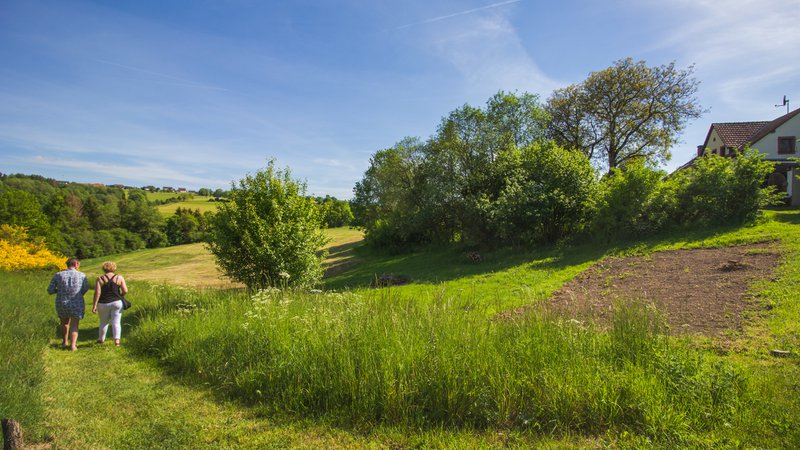
Ingrid's beautiful property in the Eifel
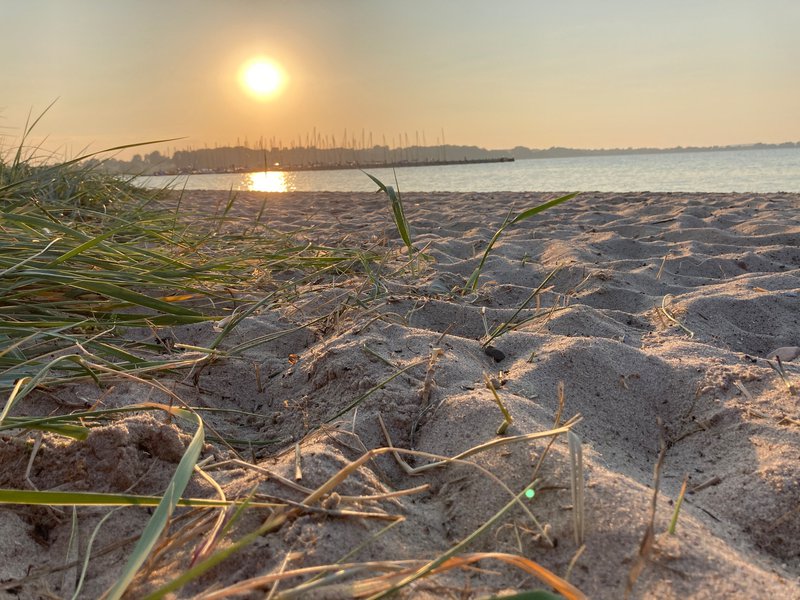
Dag's old farm on the Baltic Sea
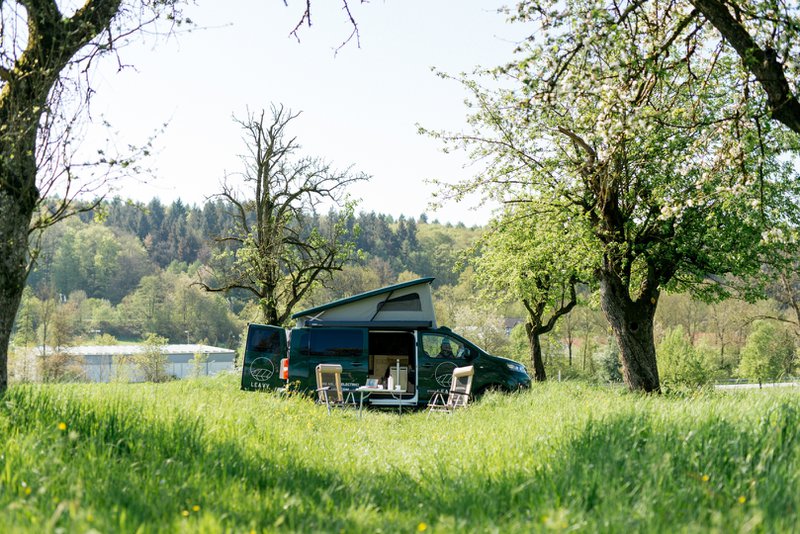
Of course there are numerous other campspaces close to nature all over Germany, just browse a little on Campspace!
Have fun!
No matter whether you decide on wild camping, a trekking campsite or campspace: I wish you a wonderful time in nature! The same applies everywhere: Respect local laws and rules and treat nature with respect.
Did you like this article and you want to see more about my next Outdoor Adventures? Then follow me on instagram @ramona.doliff.
Find your sustainable getaway
Up to 95% CO2 reduction if you book a campspace adventure. Learn more